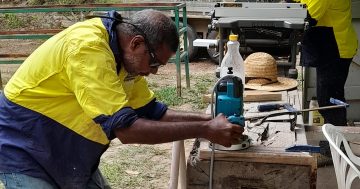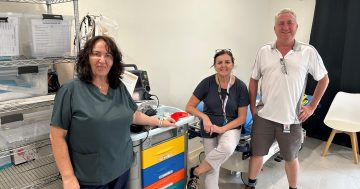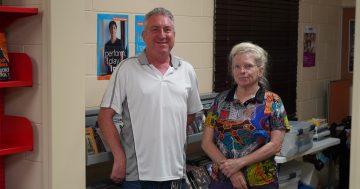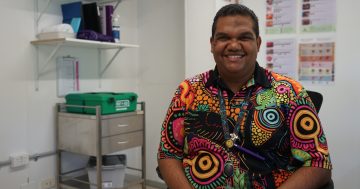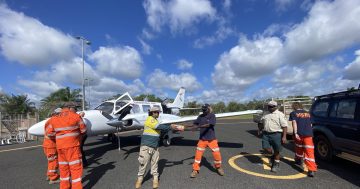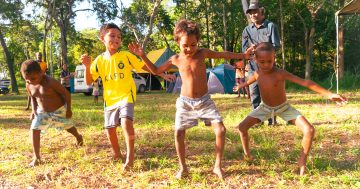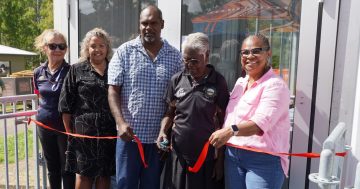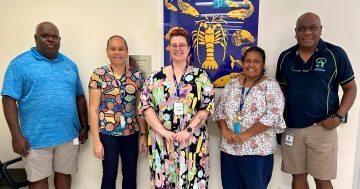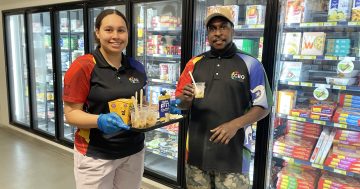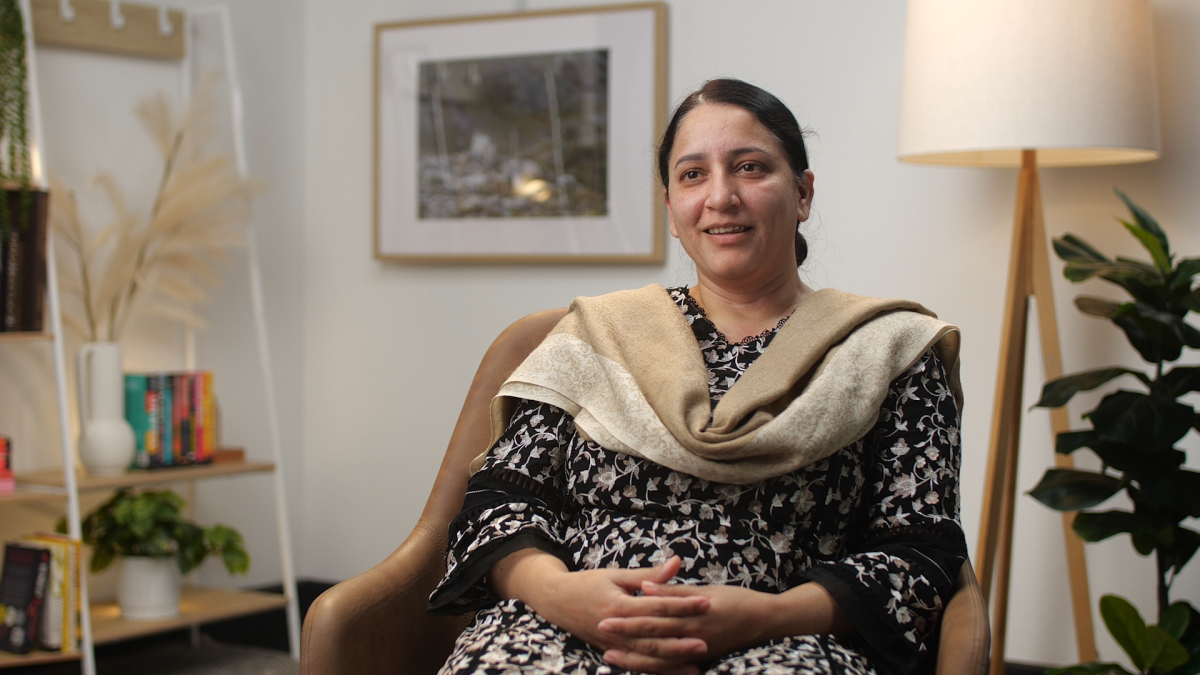
University of Queensland associate professor Yaqoot Fatima is joining traditional knowledg and science in a new sleep program.
A high-risk sleep disorder will be put under the microscope with a University of Queensland program linking sleep science and traditional knowledge expanding to Wujal Wujal.
One in four First Nations people have obstructive sleep apnoea which can put them at higher risk of diabetes, heart disease and mental health issues, UQ associate professor Yaqoot Fatima said.
“Sleep is a biological necessity for good health and brain function and it affects spiritual health,” Ms Fatima said.
The obstructive sleep apnoea project is an extension of Let’s Yarn About Sleep, a UQ-led partnership which runs a sleep health program for young Indigenous people in North-West Queensland.
Let’s Yarn About Sleep coordinator Roslyn Von Senden said the youth sleep project had ignited interest from other communities, including Wujal Wujal, in sleep support for all ages.
“A part of my role is actually moving to each community and talking to people about what we’re doing and then having steering groups from these communities set up,” Ms Von Senden said.
“They have a lot of knowledge and a lot of skills to make sure that the foundations are laid in the way that we do things with respect and integrity.”
Ms Fatima said the initial Let’s Yarn program was focused on the sleep health of teenagers, but the new program would work with other age groups.
“Consulting with community members and up to 100 service providers we will identify what’s contributing to poor sleep and upskill local health workers to improve the diagnosis and treatment of OSA and other sleep health conditions,” she said.
“Our goal is to enable local service delivery, reduce wait and treatment times and train local people so they can deliver services to their people.”
Ms Fatima said traditional knowledge and science worked well together in the treatment of sleep apnoea.
“Sleep apnoea is not a new problem, it’s been there although not diagnosed,” she said.
“We’ll talk to elders and understand what practices or traditional knowledge they would have used to care (for) a person with sleep apnoea.”


